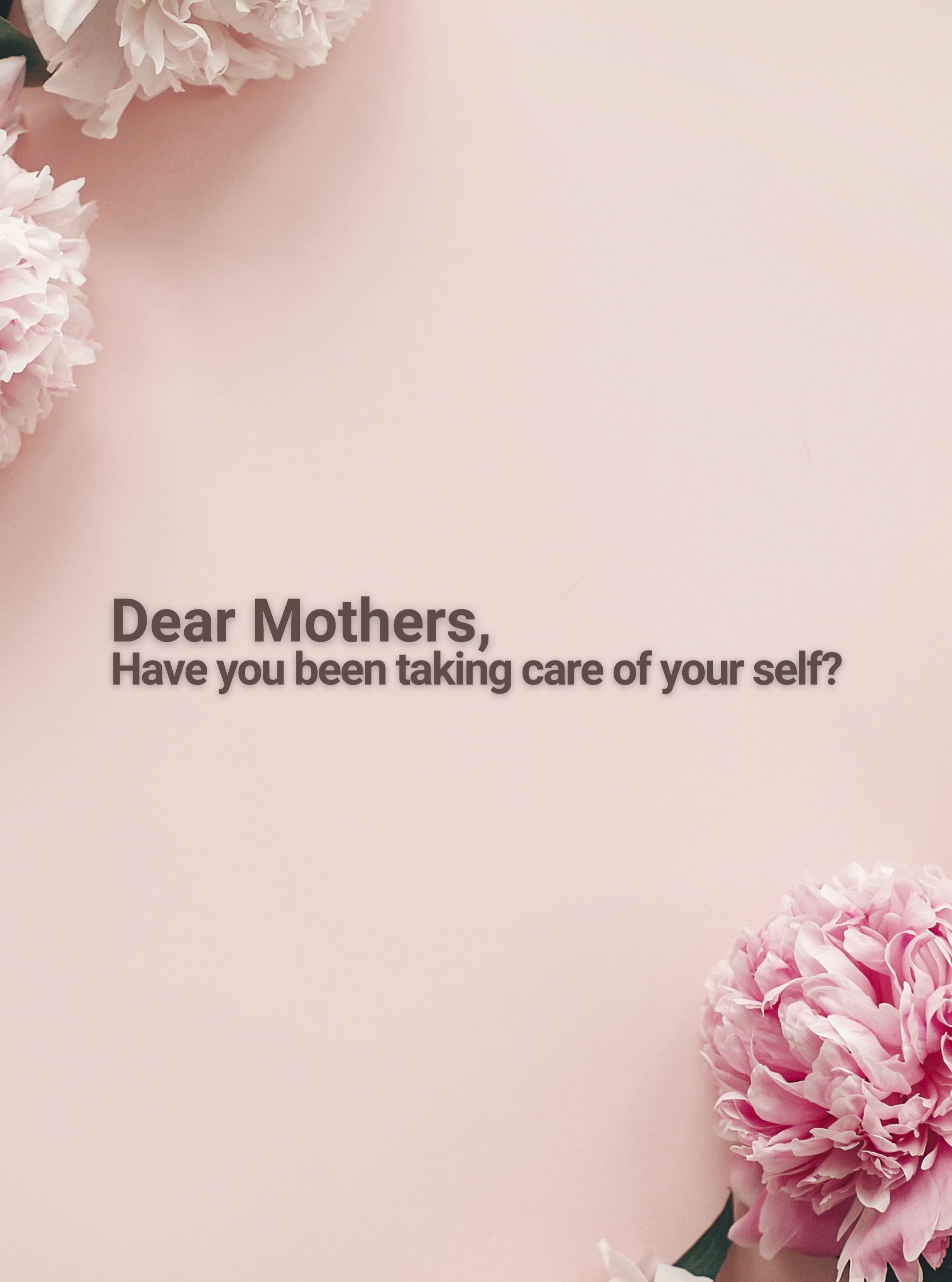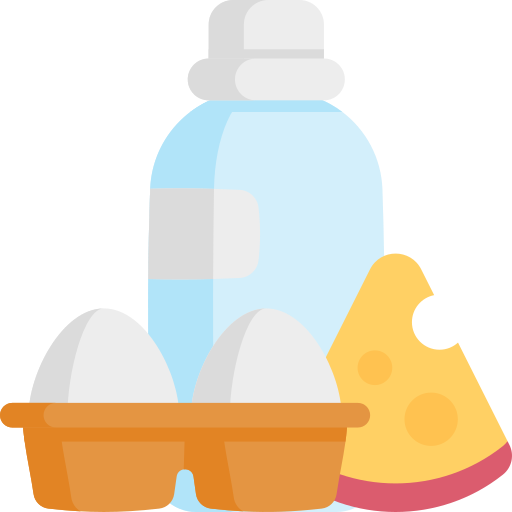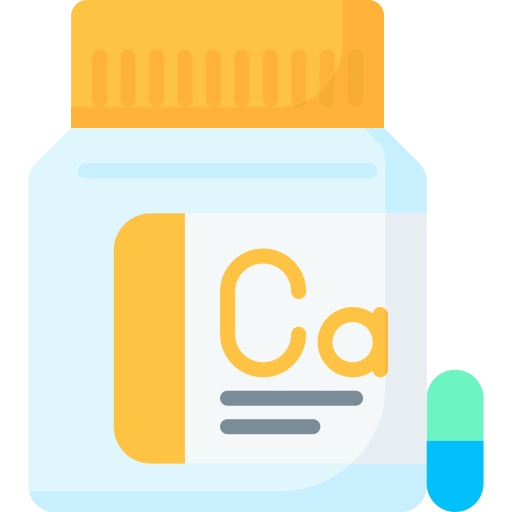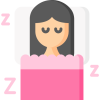

Motherhood is one of the sweetest phases of life. Being a mother is hugely rewarding but, at the same time, it takes a lot of energy, commitment and patience. Fact is, a mother going through the post-natal phase has to juggle time and energy between taking care of their baby and self care.
Dear all mothers out there, taking care of yourself is an essential part of being a responsible mother, too.

Breastfeeding helps to improve the physical and emotional bonding between the new mother and the baby. However, studies have shown that mothers often lose 3 to 5 percent of their bone mass during breastfeeding, which may be caused by the growing baby’s increased need for calcium, which is drawn from the mother’s bones. Mothers also may lose bone mass during breastfeeding because they are producing less estrogen, which is the hormone that protects bones. Thus, to help support a mother’s bone health during breastfeeding, it is important to include at least two to three serves of dairy products or equivalent high-calcium foods every day.





Regular exercise, especially weight-bearing, is also important to make the bones stronger. Examples of weight-bearing exercise include walking, climbing stairs, and dancing.

Postpartum hair loss is one of the common conditions among postnatal mothers that usually occurs three months after childbirth. Changes in the hormone estrogen during and after pregnancy cause postpartum hair loss. In the last trimester of pregnancy, estrogen levels increase, and this prevents the typical shedding of hair. After childbirth, the estrogen levels drop and cause a large number of hair to enter the resting phase of hair growth. Subsequently, after a few months, this hair starts to shed.
Although there is no specific treatment for postpartum hair loss, mothers can do a few steps to prevent further hair loss and damage such as choose a shampoo and conditioner that adds hair volume, be gentle when washing and combing the hair and try different hairstyle. For example, a shorter haircut is easier to take care of when handling a new baby.

On average, adults should get between seven and nine hours of sleep each night. Unfortunately, most mothers lose sleep after the new baby is born for several reasons. The experts advise new mothers to also pay attention to their own sleep needs, as sleep helps you form memories, repairs cells and tissue, ensures a good immune system and, most importantly, good sleep provides the mother with energy to enjoy the next day with the little one. Sleep deprivation can cause other issues such as irritability, anxiety and depression, and injuries or accidents.
Thus, it is crucial for mothers to practice good sleep hygiene that works best for both mother and baby. Mothers are recommended to take a nap when the baby naps – and put aside the house chores first or get help from other family members or a babysitter to look after the baby. It is also important to create a good sleeping environment which is cool, dark and quiet. Besides, parents can also start sleep training for the baby as early as six months old to help the child sleep better.
Life Care Diagnostic Medical Centre Sdn. Bhd. 200401034597 (673106-V)
Bangsar South
WhatsApp: 0122343610
1st Floor, Wisma Lifecare,
No. 5, Jalan Kerinchi, Bangsar South,
59200 Kuala Lumpur
Cheras South
WhatsApp: 01127213620
19A-2 & 19B-2, Block E, Kompleks Komersil Akasa,
Jalan Akasa, Akasa Cheras Selatan,
43300 Seri Kembangan, Selangor
Operating Hour:
Monday – Friday: 8.00am – 5.00pm
Saturday: 8.00am – 1.00pm
Sunday & Public Holidays: Closed